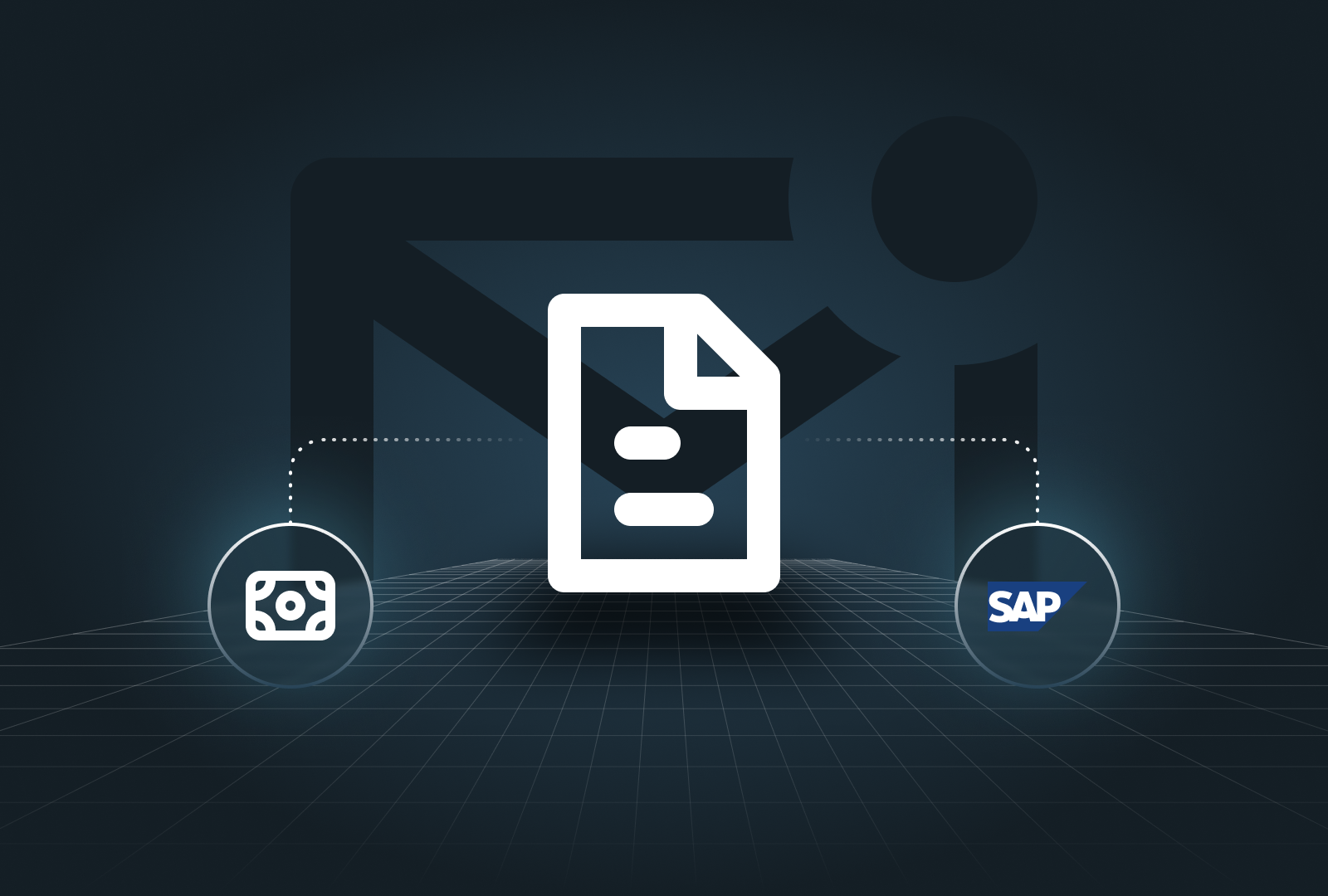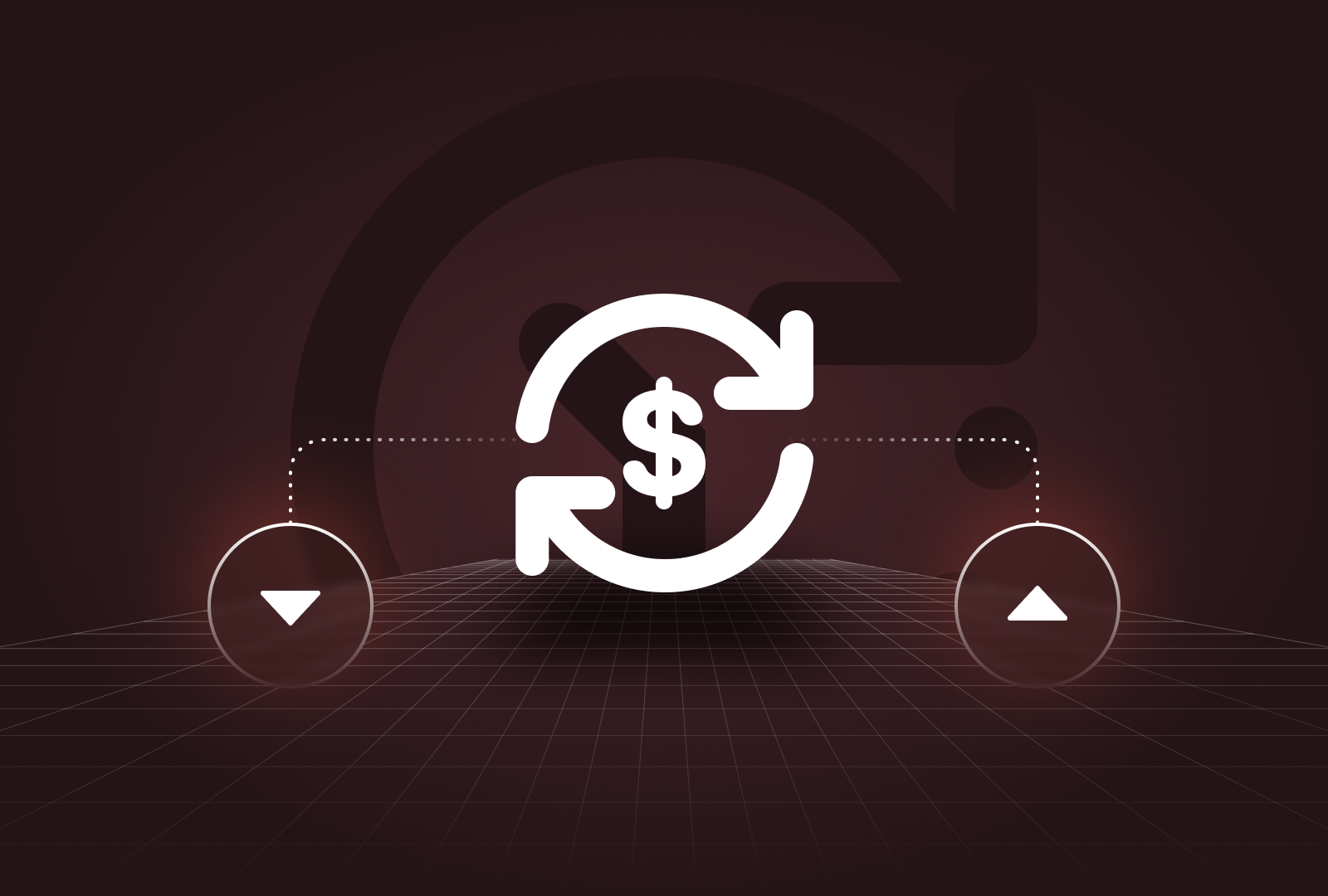Accounts Payable transformation is more than just an upgrade; it's a strategic shift for businesses aiming to improve efficiency, financial health, and agility in a competitive marketplace. By transforming manual processes into automated, intelligent workflows, companies can unlock the hidden value in their Accounts Payable processes. In 2023, businesses that adopted advanced automation solutions reported an average of 45% reduction in processing costs, as well as a 50% decrease in invoice processing time, according to Gartner. This transformation is about optimizing cash flow and enhancing vendor relationships.
What is Accounts Payable transformation?
Accounts Payable transformation refers to the comprehensive overhaul of traditional payable processes into automated, streamlined systems that integrate digital solutions like machine learning and cloud-based automation software. The goal is to minimize manual intervention, reduce errors, speed up payment processes, and provide enhanced visibility into the organization’s cash flow. Let's dive deeper into what Accounts Payable transformation truly involves and why it's beneficial for today’s business landscape.
From manual to AI: the evolution of AP processes
For decades, Accounts Payable processes involved paper-based invoices, manual data entry, and lengthy approval times. This cumbersome workflow was not only resource-intensive but also prone to human error. However, with the advent of AI, machine learning, and cloud-based solutions, AP has transitioned from manual, outdated methods to intelligent, automated systems.
Modern Accounts Payable automation uses OCR (Optical Character Recognition) and AI for automated invoice processing. This digital transformation Accounts Payable means faster data capture, reduced human error, and more accurate data entry. With RPA (Robotic Process Automation), your company can now handle repetitive tasks efficiently, reducing reliance on human resources for mundane activities.
Key challenges in traditional Accounts Payable
Traditional Accounts Payable processes face numerous challenges. The reliance on paper-based invoices and manual processing is slow and error-prone, leading to missed payments, strained vendor relationships, and limited insights into financial health. Manual data entry often results in inaccuracies, and managing numerous paper documents increases the risk of misplaced or lost invoices.
Understanding the costs of an inefficient AP process
An inefficient AP process doesn't only mean delayed payments—it also means increased operational costs. According to Ardent Partners, it costs an average of $14 to process a single invoice manually. These costs add up quickly, especially for larger businesses. Additionally, without proper automation, companies miss out on early payment discounts, which can significantly improve financial outcomes. By eliminating inefficiencies, businesses can not only cut costs but also optimize their cash flow management.
Why transform your Accounts Payable process?
Transforming your Accounts Payable process provides substantial benefits beyond just cost reduction. Let's look at why transforming your AP department is a game-changer.
Time and cost savings with automation
Automating Accounts Payable leads to considerable time and cost savings. By implementing an automation solution, companies can streamline their entire invoice processing cycle—from receiving invoices to making payments—while also reducing errors associated with manual data entry. These improvements can free up valuable time for AP teams to focus on more strategic tasks instead of routine work.
Automation Accounts Payable reduces the cost per invoice significantly. Instead of spending weeks on approvals, you can process invoices in days or even hours, leading to faster payments and better financial planning. By cutting down on labor-intensive tasks, businesses can reduce their reliance on administrative resources and lower their overall operational costs.
Enhancing cash flow and vendor relationships
Efficient AP processes improve cash flow management and create better relationships with vendors. Vendors are more likely to offer discounts when they receive timely payments. This can be achieved by using automated Accounts Payable solutions that provide real-time tracking of invoices and payments, ensuring that nothing falls through the cracks. By enhancing payment reliability, companies can also take advantage of early payment discounts, which helps improve their financial position.
The step-by-step roadmap to Accounts Payable transformation
Embarking on an Accounts Payable transformation journey requires a structured approach to achieve meaningful results. Here’s a step-by-step guide to help navigate this transformation.
Assessing current AP processes
Before implementing changes, it is necessary to assess the current state of your Accounts Payable department. Understanding how invoices are received, processed, and paid helps identify inefficiencies and opportunities for improvement. Evaluate current software, employee workflows, and supplier interactions to create a blueprint for the transformation.
Implementing AI and automation tools
The implementation phase involves selecting appropriate automation software that aligns with your business needs. AIand RPA can streamline invoice data capture, approval processes, and payment workflows. Tools like ERP systems integrated with Accounts Payable transformation help ensure consistency and smooth data flow across various departments.
Integrating with your ERP system
Integration with an ERP (Enterprise Resource Planning) system is fundamental for a successful AP transformation. Connecting Accounts Payable automation to your ERP allows data to flow seamlessly, improves data insights, and ensures compliance. The integration helps automate processes such as purchase orders, payment reconciliation, and audit trails, enabling better financial control.
Key benefits of Accounts Payable automation
Automated Accounts Payable offers several key advantages that make it an invaluable asset for any organization.
Increased visibility and data insights
Automation solutions provide enhanced visibility into every step of the payable process. With dashboards and real-time tracking, finance teams can easily access data regarding invoice statuses, payment timelines, and cash flow, which improves decision-making. Enhanced data insights allow companies to identify spending patterns, optimize payment schedules, and align financial strategies.
Fraud prevention and enhanced security
With increasing cyber threats, the need for secure Accounts Payable processes has never been greater. It comes with built-in fraud detection capabilities, such as flagging duplicate invoices, verifying vendor details, and maintaining audit trails. By using cloud-based systems with encryption and secure data storage, you can also mitigate risks and ensure compliance.
Leveraging early payment discounts and rebates
One of the main benefits of automated Accounts Payable is the ability to capture early payment discounts. Businesses that process invoices promptly can take advantage of payment discounts that are often missed with manual processes. Automated AP solutions also help track rebate opportunities, contributing directly to the company’s bottom line.
Overcoming common challenges in AP transformation
The journey towards AP transformation comes with its own set of challenges. Here are some key hurdles and ways to overcome them.
Vendor adoption and integration
One of the biggest challenges is encouraging vendors to accept electronic payments and use digital invoicing. To overcome this, companies need to actively communicate the benefits, such as faster payments and improved security, to their vendors. Integration is key; working with vendors to align payment systems ensures smoother adoption of the new processes.
Managing change within your organization
Implementing new technologies often requires a change in organizational culture. Employees might be resistant to change, especially if they have been accustomed to manual processes for years. Effective change management, including training and ongoing support, can help employees understand the benefits of automation and ease the transition.
Overcoming technical challenges in AP automation
Technical challenges are inevitable during an AP transformation. System integration issues, data migration difficulties, and software incompatibility can slow down the transition. Companies should work closely with technology partners to address these issues promptly and ensure a successful implementation.
The future of Accounts Payable: what's next?
The future of Accounts Payable is incredibly exciting, driven by new innovations that promise even greater efficiency.
AI and advanced analytics
The integration of AI and advanced analytics will further improve Accounts Payable automation by predicting cash flow needs and providing actionable insights. These technologies enable companies to anticipate vendor behaviors, optimize payment schedules, and improve financial decision-making.
The rise of cloud-based solutions for AP
The adoption of cloud-based solutions is rapidly growing, and for good reason. They offer scalability, flexibility, and enhanced security. With cloud integration, companies can process invoices from anywhere, providing flexibility for remote teams. Cloud-based systems also offer continuous updates, ensuring that businesses always have access to the latest features and capabilities.
Transforming your Accounts Payable department is about positioning your business for long-term success. By reducing manual work, optimizing cash flow, and enhancing vendor relationships, Accounts Payable automation sets your company on a path toward increased efficiency and profitability. If you're ready to transform your AP processes and unlock the full potential of automation, contact Payflows today and start your journey towards efficient financial management.
By reducing manual processes, enhancing cash flow management, and improving vendor relationships, automated AP systems unlock new levels of efficiency and profitability. The benefits are undeniable—cost savings, increased visibility, and the ability to leverage early payment discounts can make a significant difference to your bottom line. Don't let outdated methods hold your business back. It’s time to harness the power of automation, AI, and cloud-based solutions to elevate your financial operations and remain competitive in a dynamic marketplace. Take the leap today—contact Payflows to start your accounts payable transformation journey and discover how streamlined AP processes can drive your success.






.png)




.png)



